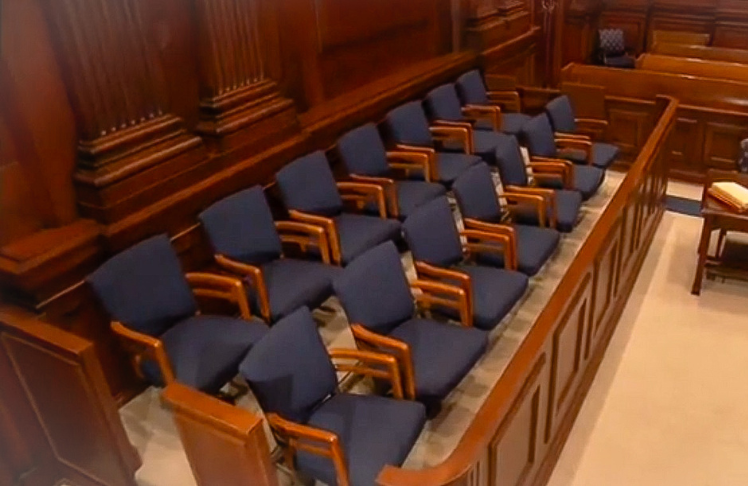
A whistleblower lawsuit filed against the Washington State Department of Transportation (WSDOT), the governor’s office, and its budget wing, the Office of Financial Management (OFM), will proceed, according to a ruling by a Washington judge on June 21. The lawsuit, brought by a former WSDOT economist, alleges retaliation after he refused to provide false information about gas prices.
The former economist, John Smith, claims that the retaliation he faced was so severe that he was “constructively discharged” on November 2, 2023. Smith’s attorney, Jonathan Maynard, asserts that Smith’s superiors deliberately created intolerable working conditions, leaving him with no choice but to resign.
The lawsuit, initially filed in March, alleges that Smith was targeted by his former employer for refusing to remain silent about his economic forecast on the state’s gas prices. Smith, who worked as a transportation planner for WSDOT, was responsible for forecasting fuel consumption, pricing, and revenues from gas taxes and fees.
Smith’s refusal to provide misleading information about a new state policy, based on his mathematical calculations in early 2023, resulted in his career being ruined after 35 years as a public sector economist. According to Smith, the new policy would increase prices at the pump by 45 to 50 cents per gallon. The policy in question is the cap-and-trade program, a component of Washington’s Climate Commitment Act passed by the legislature in 2021, which sets a cap on maximum emissions and issues allowances.
The Citizen Action Defense Fund (CADF) hailed the judge’s decision not to dismiss the whistleblower suit as a victory. WSDOT now has 30 days to produce discovery in the case. Smith’s claim sheds light on the alleged pressure and retaliation he faced for refusing to compromise his professional integrity.
In his legal claim against WSDOT, OFM, and the Office of the Governor, Smith alleges that he was pressured in January to remain silent about his calculations and was even instructed not to document the issue via email to avoid the need for disclosure in response to any public records requests.



